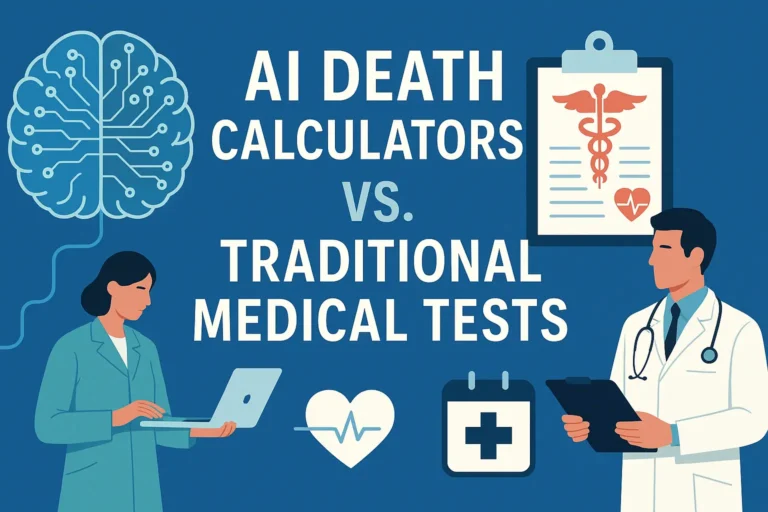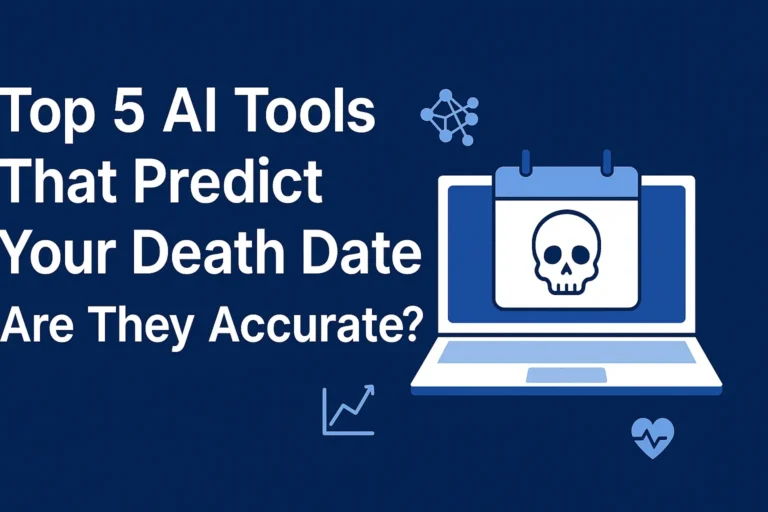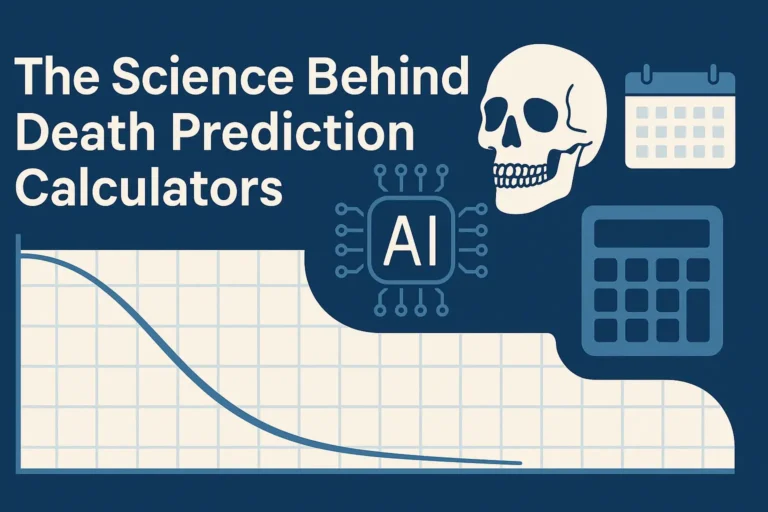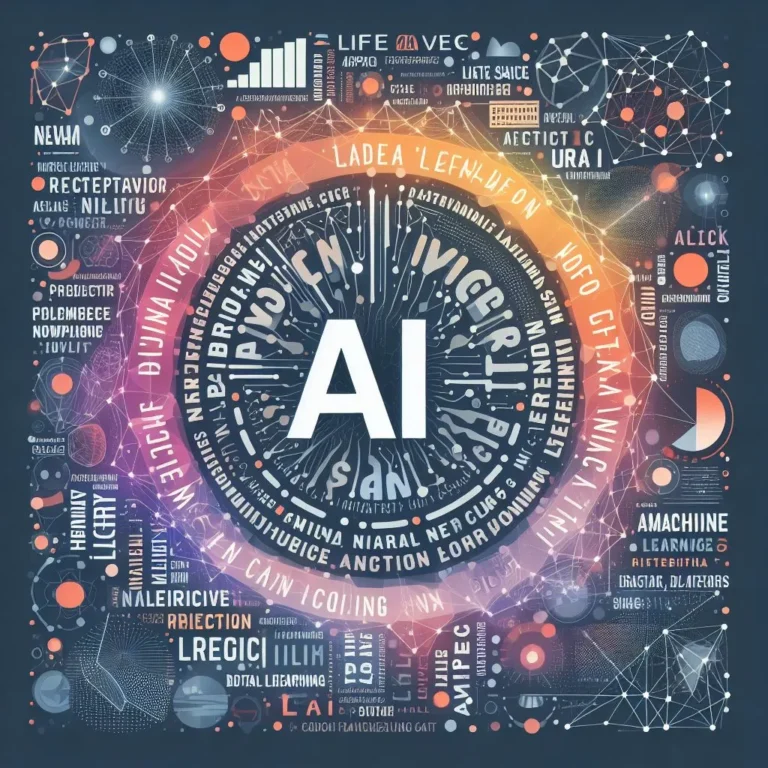Genetics vs Lifestyle: What Truly Predicts Your Death? | AI Insights
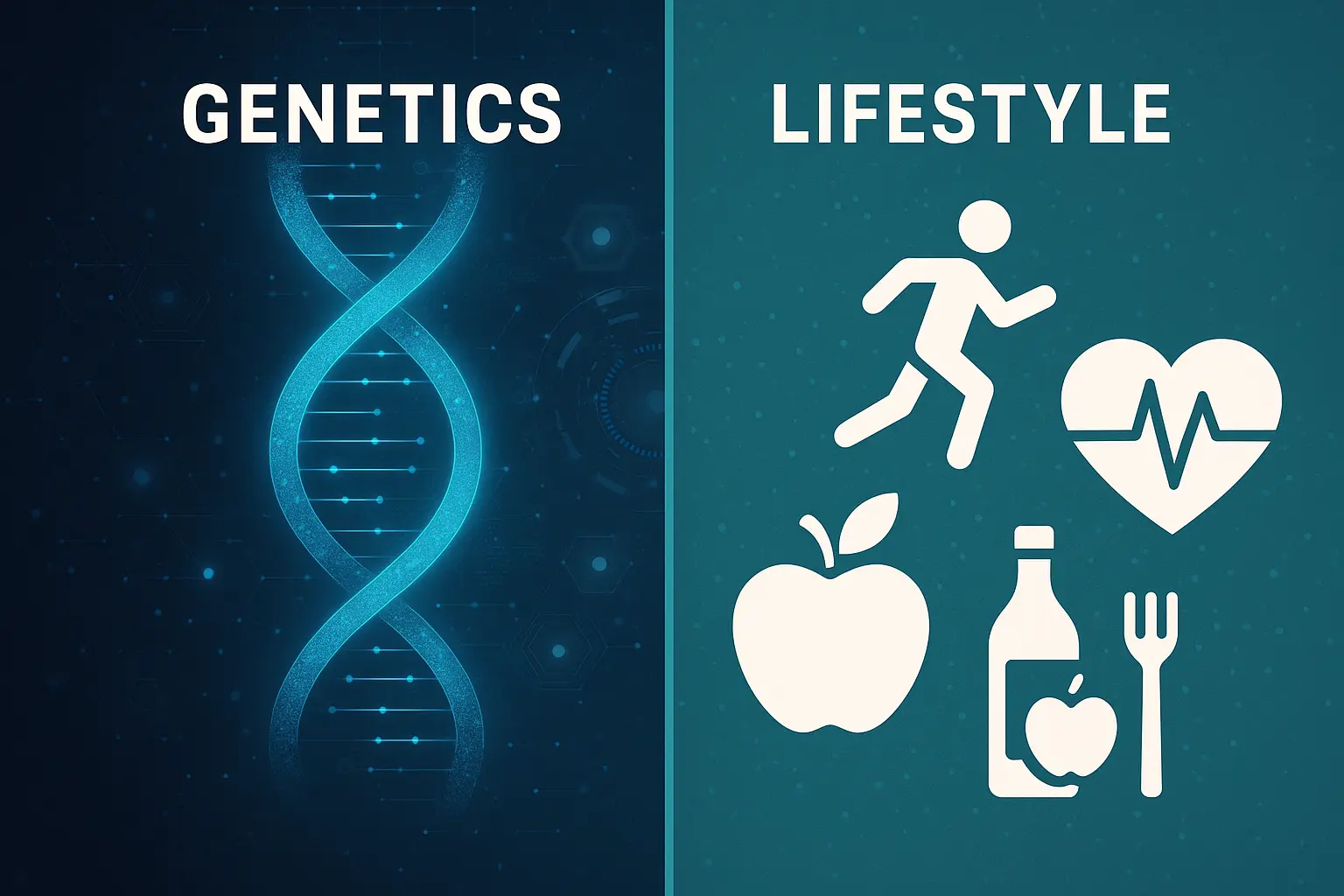
Predicting human life expectancy has always intrigued scientists and medical experts. With the rise of artificial intelligence tools, such as AI death calculators, the interest in understanding the precise factors that determine mortality risk has only intensified. Two major components dominate the discussion: genetics vs lifestyle. But how much does each factor truly contribute to predicting death? Let’s explore.
Genetics : The Blue Print of Life Expectancy
Genetics play a significant role in determining a person’s baseline health and potential lifespan. Studies suggest that genetic factors account for approximately 20-30% of an individual’s longevity. Specific genes are known to influence critical functions like immune response, metabolism, and the risk of hereditary diseases such as heart disease, cancer, and diabetes.
Certain genetic markers, like variations in the APOE gene, have been associated with increased mortality risks, particularly concerning neurodegenerative disorders and cardiovascular diseases. Moreover, familial patterns in lifespan — where long-lived parents often have long-lived children — strongly point to an inherited component in life expectancy prediction.
However, genetics alone do not dictate destiny. Even individuals with “strong” genetic backgrounds can experience premature death if other risk factors intervene.
Lifestyle : The Deciding Factor
While genetics set the foundation, lifestyle choices act as the main architects of a person’s health trajectory. Research consistently shows that behaviors such as smoking, poor diet, lack of physical activity, excessive alcohol consumption, and chronic stress significantly increase mortality risk.
A study published in the Journal of the American Medical Association (JAMA) emphasized that individuals who maintain healthy habits — such as balanced nutrition, regular exercise, and avoiding harmful substances — can add up to 14 years to their lives compared to those who engage in risky behaviors.
Factors like:
- Maintaining a healthy weight
- Managing blood pressure
- Controlling cholesterol and blood sugar
- Prioritizing mental health
all contribute heavily to predicting life expectancy and preventing early death. In short, lifestyle has a stronger and more immediate impact on mortality than genetics alone.
The Interplay Between Genetics vs Lifestyle
Modern approaches, including advanced AI death prediction models, recognize that neither genetics nor lifestyle can be analyzed in isolation. Instead, they interact in complex ways. For example, a person may carry a genetic predisposition for heart disease but can dramatically lower their risk through lifestyle interventions like exercise and dietary changes.
Thus, AI death calculators integrate genetic risk scores with behavioral factors to provide more accurate, individualized predictions of life expectancy. This holistic view reflects real-world health outcomes more reliably than considering a single factor alone.
How AI Predicts Death Using Genetics and Lifestyle Data
AI-based tools analyze large datasets that include genetic information, medical history, lifestyle behaviors, and demographic data to generate predictive models. Using machine learning algorithms, these tools can detect patterns and correlations that may be invisible to traditional statistical methods.
By inputting personal information into a death calculator , individuals can receive insights into their predicted life expectancy, empowering them to make informed choices about their health.
Common factors analyzed by AI death calculators include:
- Genetic markers
- Body Mass Index (BMI)
- Smoking status
- Blood pressure levels
- Exercise frequency
- Dietary patterns
- Alcohol and drug use
- Mental health status
This integration of biological and lifestyle data offers a scientific, personalized approach to mortality prediction.
Conclusion
In the ongoing debate of genetics vs. lifestyle in predicting death, it’s clear that while our genes set certain parameters, our daily choices wield the greater influence. Lifestyle factors can either mitigate or amplify genetic risks.
Emerging technologies, like AI death calculators, underscore the importance of managing both inherited traits and modifiable behaviors to extend life expectancy and improve overall well-being.

